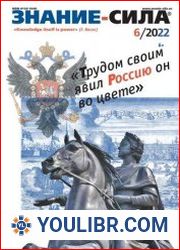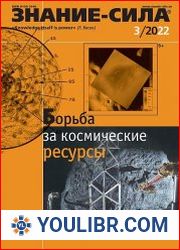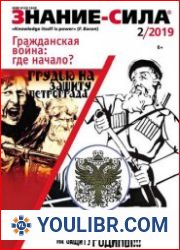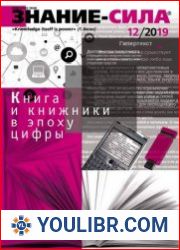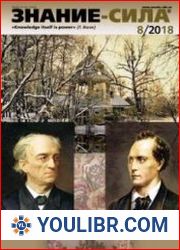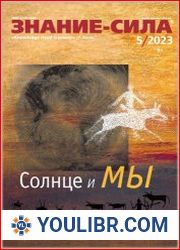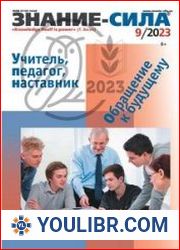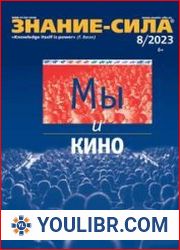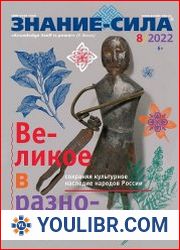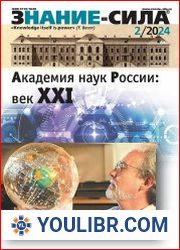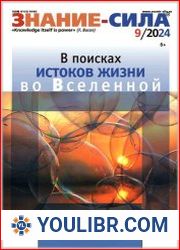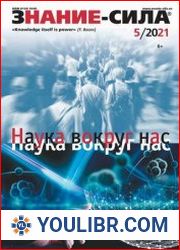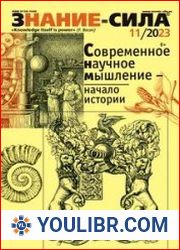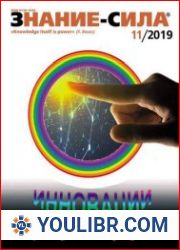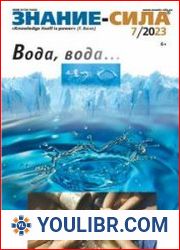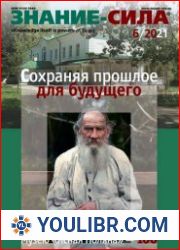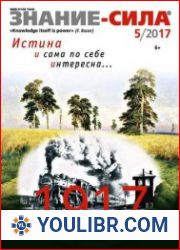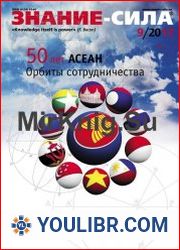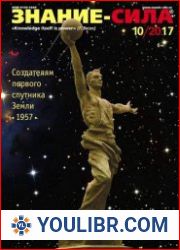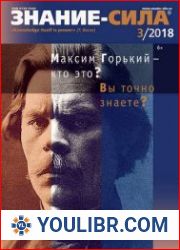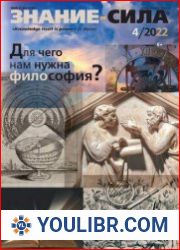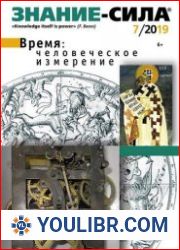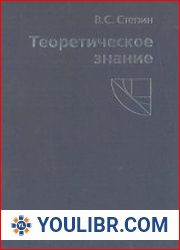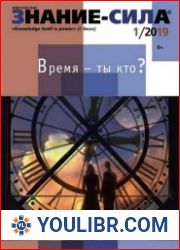
BOOKS - HUMANITIES - Информация, власть и знание

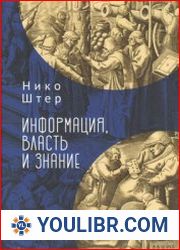
US $8.49

984649

984649
Информация, власть и знание
Author: РусскийВзаимное влияние информации, знания, компетенций и свободы (и, следовательно, демократии) в сложно организованных современных обществах, а также изменение их взаимоотношений в эпоху модерна – одна из интереснейших тем нашего времени. Этот вопрос заслуживает постоянного систематического изучения потому, что в данном случае речь идет не о статичной, раз и навсегда зафиксированной взаимосвязи, а о динамично развивающемся взаимодействии, которое, с одной стороны, зависит от прогресса форм знания и значимых свобод, а с другой – от новых проблем демократии и стремительно растущих научных познаний. В современных обществах неуклонно возрастает значение специального знания, в чем многие видят угрозу демократии. В чем заключается основная проблема – в том, что нам не хватает знаний, или в том, что мы знаем слишком много? Как наши знания влияют на гражданские свободы? Помогает ли знание справляться с новыми, комплексными задачами или, наоборот, мешает? В этойподробно исследуется изменчивая динамика производства знания и ее влияние на условия и практики свободы, анализируется рост знания о знании и вклад постоянно развивающихся средств коммуникаций в этот процесс.призывает читателей пересмотреть понимание социальной роли знания и предлагает концепцию «общества, основанного на знании», в качестве ключевого ресурса расширения свобод граждан.td>tr>
Year: 2019
Format: PDF
File size: 10 MB
Language: RU

Year: 2019
Format: PDF
File size: 10 MB
Language: RU
The mutual influence of information, knowledge, competencies and freedom (and, therefore, democracy) in complex organized modern societies, as well as the change in their relationships in the modern era, is one of the most interesting topics of our time. This question deserves constant systematic study because in this case we are not talking about a static, once and for all fixed relationship, but about a dynamically developing interaction, which, on the one hand, depends on the progress of forms of knowledge and significant freedoms, and on the other - on new problems of democracy and rapidly growing scientific knowledge. In modern societies, the importance of special knowledge is steadily increasing, which many see as a threat to democracy. What is the main problem - that we lack knowledge, or that we know too much? How does our knowledge affect civil liberties? Does knowledge help to cope with new, complex tasks or, conversely, interferes? This book examines in detail the variable dynamics of knowledge production and its influence on the conditions and practices of freedom, analyzes the growth of knowledge knowledge and the contribution of constantly developing means of communication to this process. The author urges readers to reconsider their understanding of the social role of knowledge and proposes the concept of a "knowledge-based society" as a key resource for expanding citizens' freedoms.








